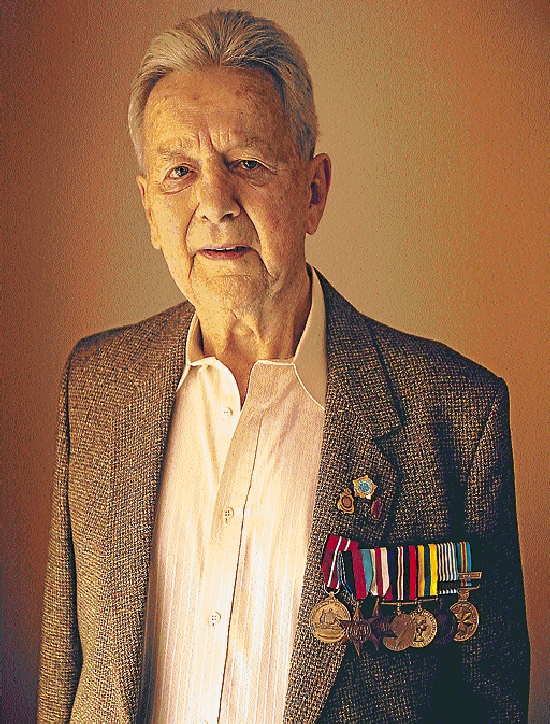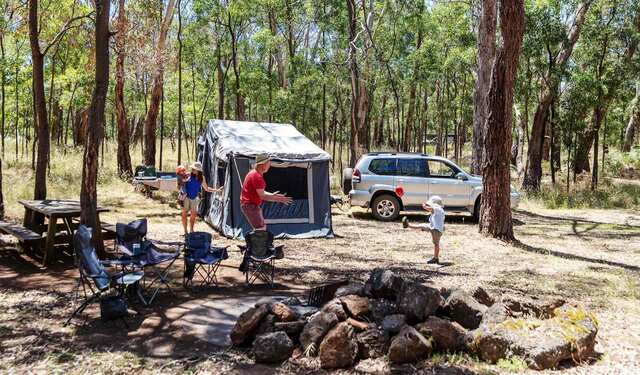ANZAC Day still brings tears to the eyes of Dennis Condon, with the time of reflection awakening many painful memories.
But the Taylors Hill Retirement Village resident, 86, says the annual day of commemoration also gives him a chance to pay tribute to his mates who died during the Korean War.
Mr Condon was one of 29 Australian soldiers taken as prisoners of war during the conflict between North and South Korea, which broke out in mid-1950 and lasted for three years.
After growing up in London and serving in the Royal Navy in World War II, Mr Condon came to Australia and enlisted in the army, keen to see the world and get away from the post-war desolation caused by Nazi bombing campaigns.
He was in Australia for a short time when he was sent to Korea.
On the evening of August 22, 1952, he and his platoon were inspecting minefields when they were attacked by the Chinese army. Most of the men were either wounded or killed. But he and his captain, P. J. Greville, were interrogated and taken to the Kanpur POW camp on the Mongolian border.
He was held in a village hut, forced to do manual labour in freezing conditions and endure long bouts of interrogation.
“They would threaten you for up to eight hours until you were completely exhausted,” he says. “Then they’d take you back to your hut and you’d flop down and fall asleep. But they would wake you up in a couple of minutes and take you back to the interrogation room again. They were trying to break you mentally.”
Mr Condon says if he did anything to upset his captors, he would be put in a tiny cage for up to four days, unable to sit up or lie down.
“You suffered from terrible cramps because you couldn’t move your legs or lift your head,” he says. “And you don’t get to go to the toilet. You just shit yourself.” Food was so scarce he’d often eat rats, which the POWs called “underground chicken”.
He was released when fighting ceased in 1953 and says he still feels lucky to have survived the camp.
But bad news awaited him. After being released, he found out his best mate had been killed in the ambush.
“My mate Sid Carr was beside me and he got shot and I didn’t,” he says.
“I got to the floor quicker and survived, but I had no contact with the outside world while in the camp.
“I had no idea I would live because we weren’t given news on the war and I didn’t have a clue about the whereabouts of the rest of my platoon.”
Mr Condon says Anzac Day brings sadness, but it’s important to remember those who sacrificed their lives for others. “It’s a very important day. We can’t forget all those servicemen who have gone over. I hope we never forget them.”
Mr Condon will take part in an Anzac Day ceremony at the retirement village on April 25.







